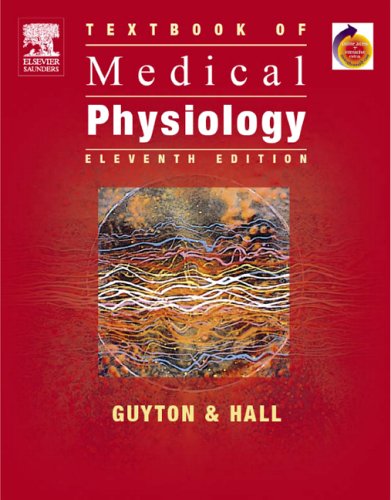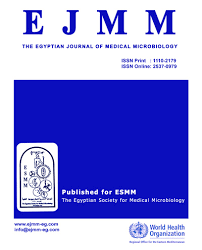Abstract
Introduction: Rheumatoid arthritis (RA) is an inflammatory autoimmune disease characterized by chronic joint inflammation and extra-articular manifestations culminating in permanent disability without early therapeutic interventions. Early accurate diagnosis and therefore treatment of rheumatoid arthritis (RA) has become increasingly important.
Aim of the Work: To compare the diagnostic power of anti-cyclic citrullinated peptide (ACCP) antibody to rheumatoid factor (RF) in RA adult patients.
Material and Methods: A total of 180 patients were enrolled in this study. ACCP antibody and rheumatoid factor (RF) were determined by ELISA technique in 31 RA patients and 149 patients with rheumatic diseases other than RA.
Results: The sensitivities for ACCP antibodies and RF were 64.5% and 61.3%, respectively, with P-value > 0.05, while their specificities were 97.3% and 90%, respectively with P < 0.05). The positive predictive value (PPV) was 83.3% for ACCP and 55.88% for RF (P < 0.05), whereas the negative predictive value (NPV) was 92.95% for ACCP antibodies and 91.78% for RF (P > 0.05). The positive likelihood ratio (LR) was 23.89 for ACCP and 6 for RF. Placing the results of both tests together, increases the diagnostic utility of both tests. The ACCP antibodies test has statistically significant higher specificity, PPV and LR for RA than the RF test.
Conclusion: If new criteria are to be devised to help diagnose early RA, ACCP should be included because it has a greater diagnostic power than RF.


